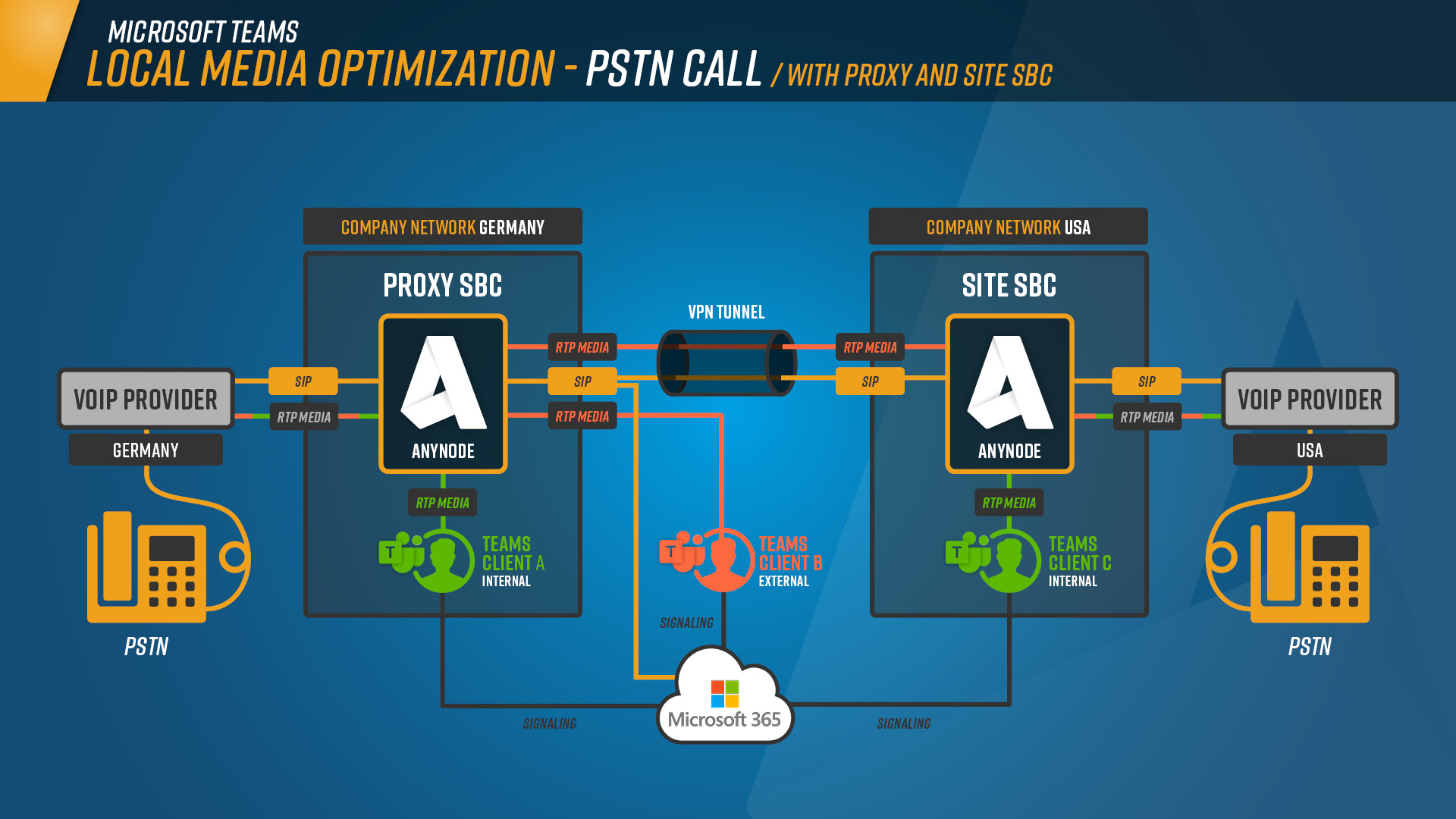
In today’s digital age, optimizing your website for search engines is essential for increasing visibility and attracting organic traffic. While many factors contribute to search engine optimization (SEO), one aspect that is often overlooked is the URL slug. In this article, we will explore the significance of URL slugs for SEO and provide tips on how to optimize them to improve your website’s performance in search engine results.
So, what exactly is a URL slug? A URL slug is the user-friendly version of the last part of a URL that identifies a particular page on your website. It is the part of the URL that comes after the domain name and provides a brief description of the page’s content. For example, in the URL “https://www.example.com/blog/article-title,” the slug is “article-title.” Slugs are typically created from the title of the page or post and are easier to read and understand.
URL slugs play a crucial role in SEO for several reasons. Firstly, they enhance the user experience by providing a clear indication of what the page is about. When users see a concise and descriptive slug, they are more likely to click on the link and visit your website. This can lead to higher click-through rates and increased organic traffic.
Additionally, URL slugs can contain keywords that are relevant to the content of the page. Including keywords in the slug helps search engines understand the topic of the page and improves its chances of ranking higher in search results. However, it is important to strike a balance and avoid keyword stuffing, as this can have a negative impact on your SEO efforts.
Readability and shareability are also important factors to consider when optimizing URL slugs. A well-crafted slug that is easy to read and share can attract more clicks and shares, increasing the visibility of your content. On the other hand, a long, confusing, or irrelevant slug may discourage users from sharing your link.
URL slugs also play a role in canonicalization, which is the process of selecting the preferred URL for a page when there are multiple versions of it. By using consistent and optimized slugs, you can help search engines understand which version of the page should be indexed and displayed in search results. This prevents duplicate content issues and ensures that your preferred URL is the one that appears in search engine listings.
Now that we understand the importance of URL slugs for SEO, let’s explore some tips to help you optimize them. First and foremost, keep your slugs short and simple. Avoid using long and complex slugs that are difficult to read and remember. Instead, aim for short and concise slugs that accurately describe the content of the page. Use hyphens to separate words and make the slug easier to read for both users and search engines.
Including relevant keywords in your URL slugs can improve their visibility in search engine results. However, it is crucial to use keywords naturally and avoid keyword stuffing. The slug should provide a clear indication of the page’s topic without appearing spammy or unnatural.
Consistency is key when it comes to URL slugs. Use lowercase letters for all slugs to avoid confusion and ensure that search engines treat them as the same page. Mixing uppercase and lowercase letters can lead to duplicate content issues and negatively impact your SEO efforts.
Another tip is to avoid using stop words in your URL slugs. Stop words are common words such as “a,” “an,” “the,” “and,” etc., that are often ignored by search engines. Including stop words in your slugs can make them longer and less readable. It is best to avoid using stop words unless they are necessary for the clarity of the slug.
Lastly, remember to update your slugs for content changes. If you make changes to the title or content of a page, update the URL slug accordingly. Keeping the slug relevant and up-to-date ensures that search engines and users can easily understand the content of the page.
In conclusion, URL slugs may seem like a small detail, but they can have a significant impact on your website’s SEO. By optimizing your slugs for readability, keyword relevance, and user experience, you can improve your website’s visibility in search engine results and attract more organic traffic. Remember to keep your slugs short, include relevant keywords, and update them when necessary. With these simple steps, you can make a big difference in your SEO efforts.
